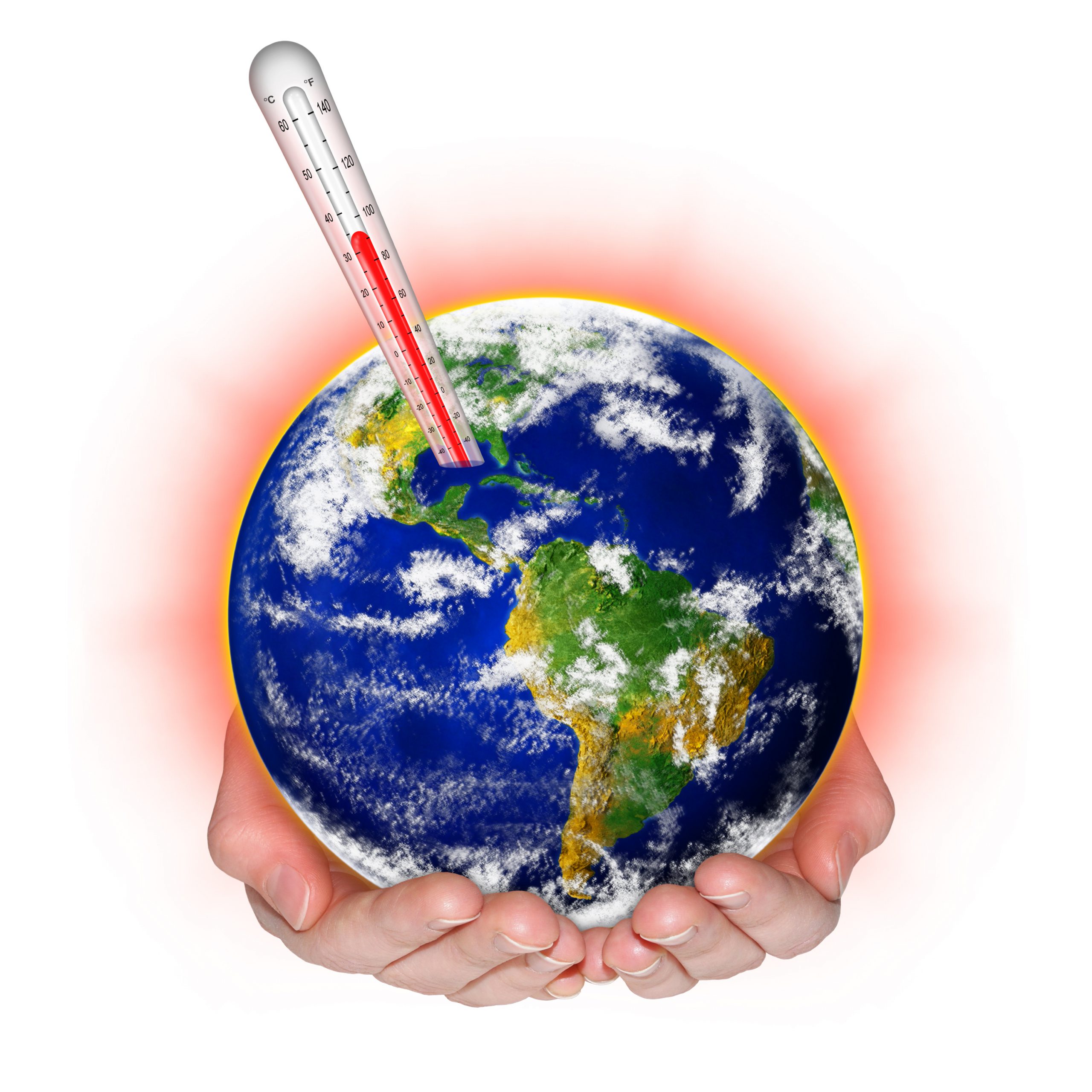Written by Geoff Archer, Trainee at the Scientific Foresight Unit.
Webstreaming available here (04/11/2014 at 5pm)
Discuss it via Twitter: #ipccEP
Climate Change 2014: Summary for Policymakers
How will EU society, and indeed individual EU citizens, react, adapt and generally cope with the impacts of the coming changes to the World’s climate? What can its elected representatives and policy-makers do on the world stage?
On 4th November 2014, answers to such questions will be outlined in a special event at the European Parliament (EP) as the Intergovernmental Panel on Climate Change (IPCC) presents the latest findings from its 5th Assessment Report (AR5).
The event, organised by the EP’s own Scientific Foresight Unit, in partnership with the European Commission, represents the first chance for EU citizens, legislators and policy-makers to discuss the contents of AR5 at the heart of European government.
Scientific foresight at the European Parliament
The Scientific Foresight Unit, sitting within the European Parliamentary Research Service (EPRS), serves as an independent assessor of technology options for MEPs who are seeking support in their role as EU policy-makers. Working in parallel with the Scientific Foresight Service, under the umbrella of the STOA (Science and Technology Options Assessment) Panel, it coordinates studies, workshops and lectures to promote awareness and understanding of such issues.
What will the event contain?
Following a welcome speech from the Vice-President of the European Parliament, Ms. Mairead McGuinness MEP, the IPCC’s Chairman, Dr Rajendra Pachauri, will present the key findings from the IPCC’s report, hot off the press, and take part in a Q&A session at the European Parliament to debate the report’s contents.
So what is so important about this latest IPCC publication? Here are 4 points to remember.
-

© David Carillet / Shutterstock
The timing is key, as countries from around the world meet to approve the text in Copenhagen before continuing negotiation of global climate change mitigation and adaptation at the 20th Conference Of the Parties (COP20) in Lima in December. - The language used by the report’s authors is stronger than in past reports with the Summary for Policy Makers of the ‘Physical Science Basis’ this time opening with the statement, “Warming of the climate system is unequivocal…” This is in contrast to previous reports which have tended to open with discussion of scientific progress to-date.
- There is an emphasis on the costs of mitigation increasing the longer that action is delayed but with ‘ambitious’ global mitigation efforts this would only result in an estimated 0.06% loss in world GDP.
- The issue of ‘climate refugees’ is once again building as climate change is, projected to increase displacement of people. In combination with related issues such as the spread of Ebola in West Africa and conflict-driven migration to the shores of Southern Europe, there are still many policy uncertainties remaining for policy-makers to tackle
What next for Europe?
The options are open for Europe to play a key role in dealing with the threats posed by climate change, both for EU citizens and for nations from across the world. However, as Dr Pachauri himself has remarked to journalists recently, “The high-speed mitigation train would need to leave the station soon and all of global society will have to get on board”.
For further information about the event on 4th November; and to register please click here. For more information on this event; or on STOA or Scientific Foresight activities at the European Parliament, please send queries to stoa@europarl.europa.eu.








[…] IPCC launch in the EU, EP Think Tank blogpost […]